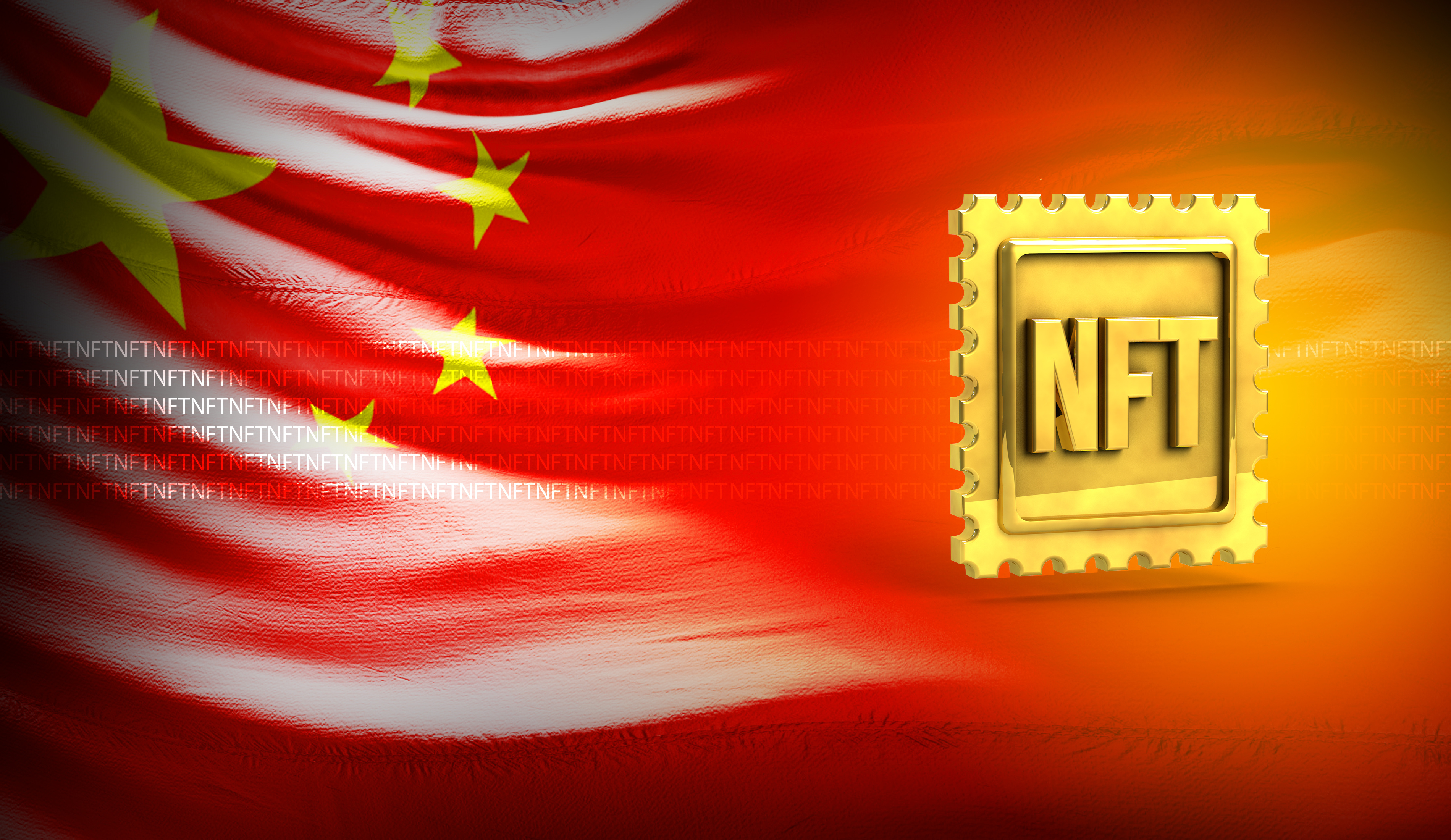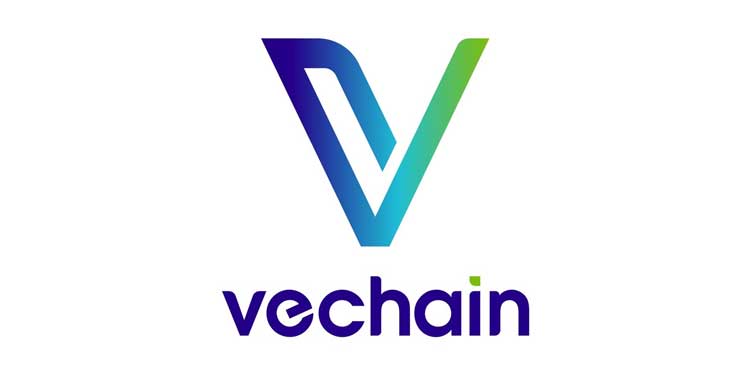Beijing unveils its version of ‘NFT’ Marketplace

The Chinese government has announced plans to launch its own version of a state-backed “non-fungible token (NFT)” marketplace. But Beijing will not use blockchain to power its platform. And it wants to do away with crypto as the currency of the marketplace – in favor of fiat.
Last month, the Hangzhou Internet Court ruled that virtual objects such as NFTs can be legally recognized as property. And now, China Daily reported, Beijing will launch the China Digital Asset Trading Platform (literal translation).
The government says the platform will go live on January 1. Beijing says it will become an official “secondary market for digital assets that comply with national regulations.” China has effectively banned crypto trading.
And that has led to conventional NFT trading becoming almost impossible in the country. In the rest of the world, NFTs are minted on blockchain networks, where they can be traded for tokens such as ethereum (ETH).
But while the Chinese government is determined to sideline all crypto assets, it wants to pick technological advancements related to crypto and the blockchain space. Private blockchain networks and NFTs are part of this picture.
“Digital Collectibles” – China’s perception of NFTs
Chinese firms have been encouraged to label their products as “digital collectibles” rather than NFTs. Restrictions have also been placed on trading in the secondary market – in an attempt to reduce “speculation” on NFT prices.
Although private sector secondary markets for “digital collectibles” exist in China, fiat yuan is also used in these areas instead of crypto-assets. Market transactions are recorded on “centralized ledgers, rather than on public blockchain.”
Major technology companies such as Alibaba and Tencent have already launched their own crypto-free NFT offerings. They also run their own (highly regulated) marketplaces.
But the China Digital Asset Trading Platform will mark Beijing’s own debut on the scene.
The platform, the government said, will be tasked with “implementing” Chinese efforts to “digitize culture” and “develop cultural projects and industries through technical assistance and innovation.”
The platform’s operator will be the state-owned China Technology Exchange, a body that governs intellectual property rights and IT-related matters. The China Cultural Relics Exchange Center will also participate in the project. This organization deals with matters related to Chinese culture.
A private, Beijing-based company involved in intellectual property and “digital collectibles” transactions has also been recruited to help run the platform.


